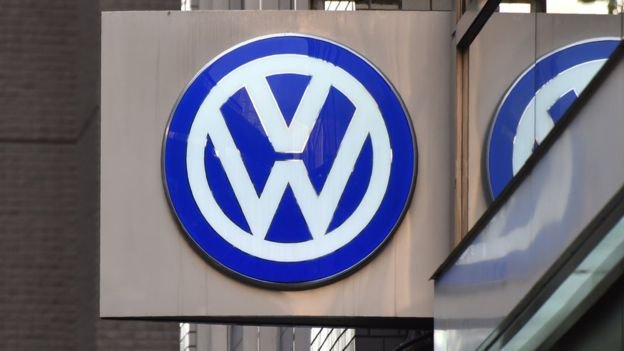VW cancelled Mercedes diesel engine deal before deciding to cheat

Dieselgate might not have happened had Volkswagen not rejected a deal with Daimler more than a decade ago. In an interesting piece, Automotive News tells the story of a failed deal between the two automotive giants back in 2005.
Bernd Pischetsrieder, then-CEO of VW, wanted the manufacturer to partner with Daimler on several key projects, including diesel engines supply. Senior-level talks for a possible cooperation were held, and the two sides even discussed cross-shareholdings of around 10 percent, according Automotive News citing people who were involved in the deliberations.
But when talks advanced, Volkswagen decided to cancel further discussions and to focus on its own diesel technology, which at that time was switching to common-rail. The decision was due to the additional €1,000 ($1,070) per vehicle that Mercedes-Benz' BlueTec engines would have added to Volkswagen models. VW struggled to lower the production costs and decided against the partnership.
The Wolfsburg-based manufacturer continued development work on its TDI technology, as it enjoyed strong internal support from then-chairman Ferdinand Piech. Only a year after the talks with Daimler failed, the first prototypes of the EA189 engine, which stands at the heart of the Dieselgate scandal, were shown to VW executives and approved for production.
According to Automotive News, that's the time when work on the so-called cheating device started. The clever illegal engine software detects test conditions and artificially lowers the engines emissions, while on-the-road TDI emissions of smog-inducing nitrogen oxides were as much as 40 times above the regulations.
Earlier this month Volkswagen pleaded guilty to three criminal felony counts – conspiracy, obstruction of justice, and using false statements to import cars to the U.S. The automaker also agreed to pay $4.3 billion dollars in penalties, which will be added to already hefty bill covering the consequences of the biggest scandal in the history of Volkswagen.
Related News
